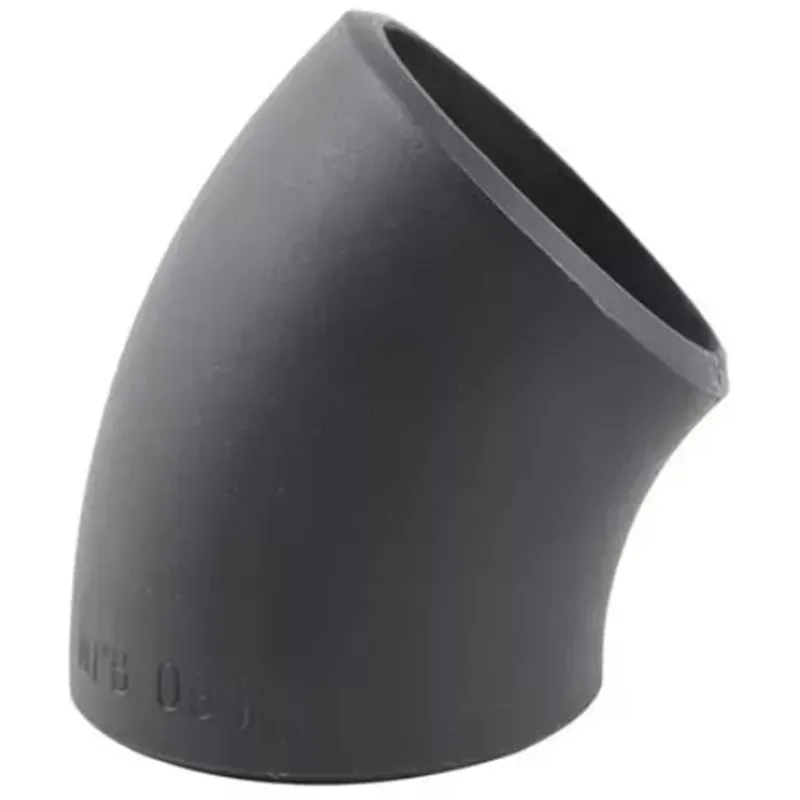-
Cangzhou Yulong Steel Co., Ltd.
-
Phone:
+86 13303177267 -
Email:
admin@ylsteelfittings.com
- English
- Arabic
- Italian
- Spanish
- Portuguese
- German
- kazakh
- Persian
- Greek
- French
- Russian
- Polish
- Thai
- Indonesian
- Vietnamese
- Zulu
- Korean
- Uzbek
- Hindi
- Serbian
- Malay
- Ukrainian
- Gujarati
- Haitian Creole
- hausa
- hawaiian
- Hebrew
- Miao
- Hungarian
- Icelandic
- igbo
- irish
- Japanese
- Javanese
- Kannada
- Khmer
- Rwandese
- Afrikaans
- Albanian
- Amharic
- Armenian
- Azerbaijani
- Basque
- Belarusian
- Bengali
- Bosnian
- Bulgarian
- Catalan
- Cebuano
- China
- China (Taiwan)
- Corsican
- Croatian
- Czech
- Danish
- Esperanto
- Estonian
- Finnish
- Frisian
- Galician
- Georgian
- Kurdish
- Kyrgyz
- Lao
- Latin
- Latvian
- Lithuanian
- Luxembourgish
- Macedonian
- Malgashi
- Malayalam
- Maltese
- Maori
- Marathi
- Mongolian
- Myanmar
- Nepali
- Norwegian
- Norwegian
- Occitan
- Pashto
- Dutch
- Punjabi
- Romanian
- Samoan
- Scottish Gaelic
- Sesotho
- Shona
- Sindhi
- Sinhala
- Slovak
- Slovenian
- Somali
- Sundanese
- Swahili
- Swedish
- Tagalog
- Tajik
- Tamil
- Tatar
- Telugu
- Turkish
- Turkmen
- Urdu
- Uighur
- Welsh
- Bantu
- Yiddish
- Yoruba

Nov . 27, 2024 09:31 Back to list
High-Quality Alloy Steel Seamless Tubes for Diverse Industrial Applications
Alloy Steel Seamless Pipes An Overview
Alloy steel seamless pipes are a specialized category of pipes predominantly used in various industrial applications due to their strength, durability, and resistance to corrosion. These pipes are forged from a mixture of different alloying elements, which significantly enhance their mechanical properties and performance in harsh environments. This article explores the characteristics, manufacturing processes, applications, and benefits of alloy steel seamless pipes.
Characteristics of Alloy Steel Seamless Pipes
One of the key features of alloy steel seamless pipes is their ability to withstand high pressures and temperatures, making them ideal for heavy-duty applications. The alloying elements typically include chromium, molybdenum, nickel, and vanadium, which contribute to the overall strength and toughness of the material. Moreover, the seamless construction ensures that there are no welded joints, which can be points of weakness in pipe systems. This seamless design is achieved by extruding the pipe from a solid round steel billet, resulting in a uniform structure that can endure high stress and strain.
The versatility of alloy steel also means that it can be tailored to meet specific requirements. For example, the addition of chromium improves corrosion resistance, while molybdenum enhances durability at elevated temperatures. Such customization allows manufacturers to produce pipes suitable for various applications across different industries.
Manufacturing Process
The production of alloy steel seamless pipes involves several steps, including heating the solid billet, piercing it to create a hollow tube, and then elongating the tube to the desired length and diameter. This process is typically conducted in several key stages
1. Heating The steel billet is heated in a furnace until it reaches an appropriate temperature for forming.
2. Piercing A piercing tool is then used to create a hole in the center of the heated billet, transforming it into a hollow tube.
3. Elongation The hollow tube is then further elongated and reduced in diameter through a series of rolling and stretching operations.
4. Heat Treatment To enhance the mechanical properties, the pipes undergo heat treatment processes such as quenching and tempering. This step is essential for achieving the desired hardness, strength, and ductility.
5. Finishing The final pipe product undergoes surface treatment processes, which may include pickling and passivation to improve corrosion resistance.
6. Inspection Quality assurance is a crucial part of the manufacturing process. The pipes are subjected to various tests, including ultrasonic testing, hydrostatic testing, and visual inspection, to ensure they meet the required specifications and standards.
alloy steel seamless pipes

Applications
Alloy steel seamless pipes are used across a wide range of industries, including
- Oil and Gas These pipes are commonly employed in the transportation of oil and gas, where high strength and resistance to harsh conditions are paramount.
- Power Generation In power plants, alloy steel pipes are utilized in both power generation and distribution systems, especially in high-pressure and high-temperature environments
.- Chemical Processing The robust nature of alloy steel makes it suitable for handling corrosive chemicals, thus finding applications in reactors, heat exchangers, and pipelines.
- Construction In the construction sector, these pipes are used for structural applications, providing strength and support in various building projects.
Benefits of Alloy Steel Seamless Pipes
The advantages of alloy steel seamless pipes are numerous, including
- Enhanced Strength The alloying elements significantly improve the tensile strength and yield strength compared to carbon steel pipes.
- Corrosion Resistance Alloy compositions help in resisting oxidation and corrosion, extending the lifespan of piping systems.
- Versatility These pipes can be produced in various grades, sizes, and lengths, making them adaptable to a wide range of applications.
- Safety The seamless construction minimizes the risk of leaks and failures, contributing to safer operational environments.
In summary, alloy steel seamless pipes are a critical component in the industrial landscape, providing exceptional performance and reliability across various demanding applications. Their unique characteristics, coupled with advanced manufacturing processes, make them an obvious choice for engineers and manufacturers seeking optimal solutions for their piping needs.
Latest news
-
ANSI 150P SS304 SO FLANGE
NewsFeb.14,2025
-
ASTM A333GR6 STEEL PIPE
NewsJan.20,2025
-
ANSI B16.5 WELDING NECK FLANGE
NewsJan.15,2026
-
ANSI B16.5 SLIP-ON FLANGE
NewsApr.19,2024
-
SABS 1123 FLANGE
NewsJan.15,2025
-
DIN86044 PLATE FLANGE
NewsApr.19,2024
-
DIN2527 BLIND FLANGE
NewsApr.12,2024
-
JIS B2311 Butt-Welding Fittings LR/SR 45°/90° /180°Seamless/Weld
NewsApr.23,2024











